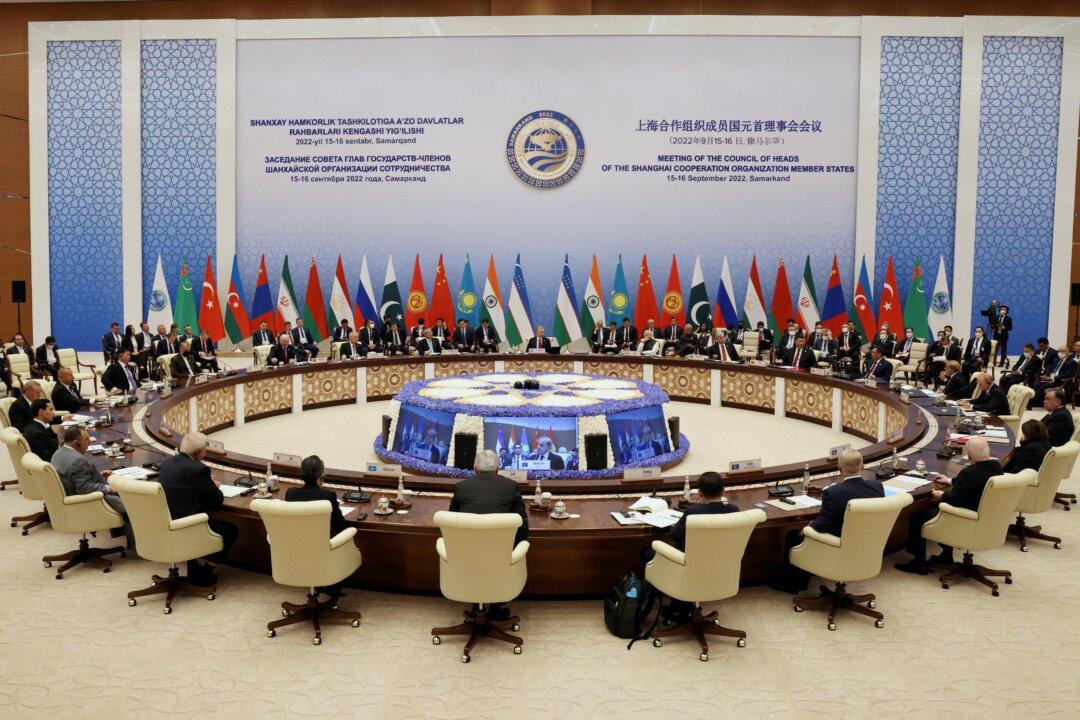Saudi Arabia came one step closer this week to joining the Shanghai Cooperation Organization (SCO), a formidable bloc of Eurasian states led by Russia and China.
On March 28, Riyadh approved a memorandum to begin the process of joining the SCO as a “dialogue partner,” according to the Saudi Press Agency. Dialogue partner status is generally seen as a first step toward full membership in the regional bloc.





